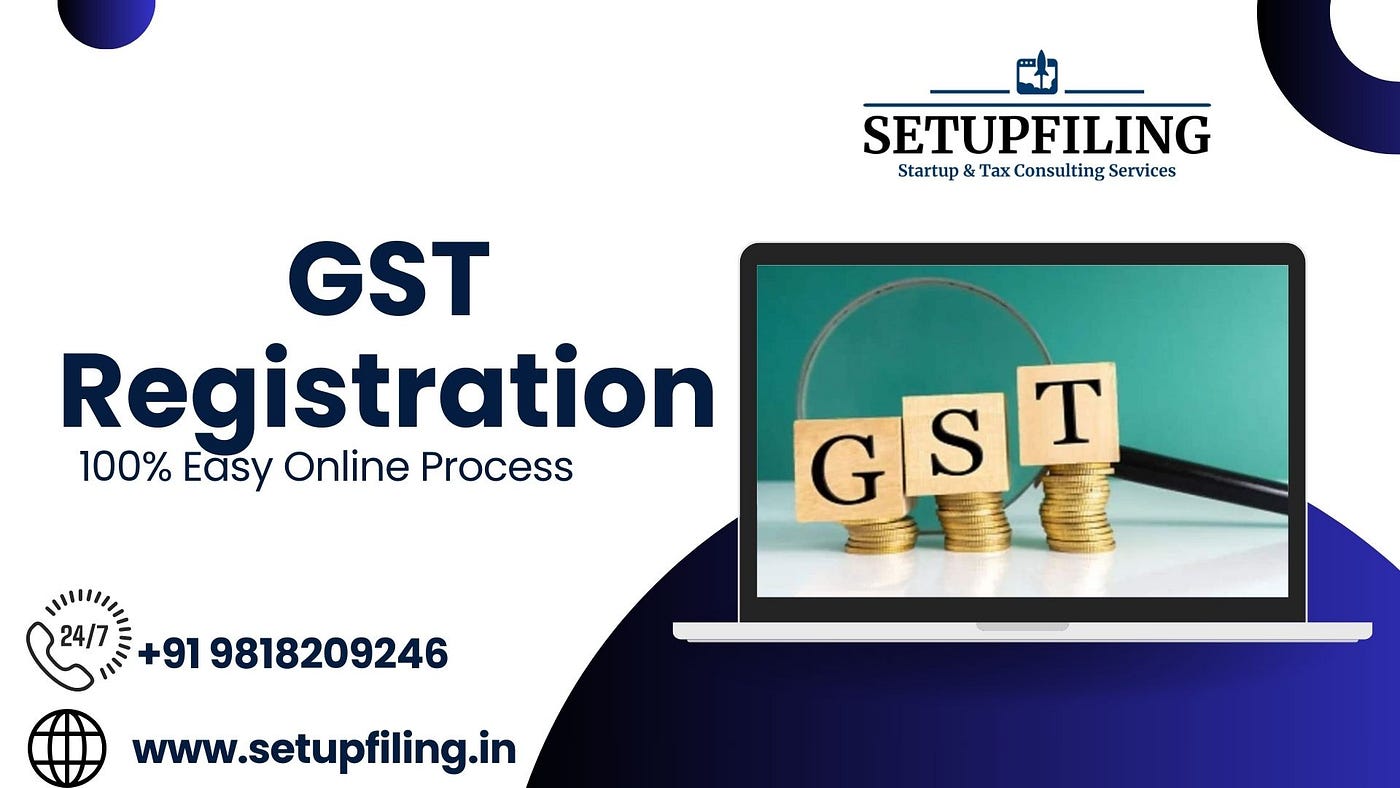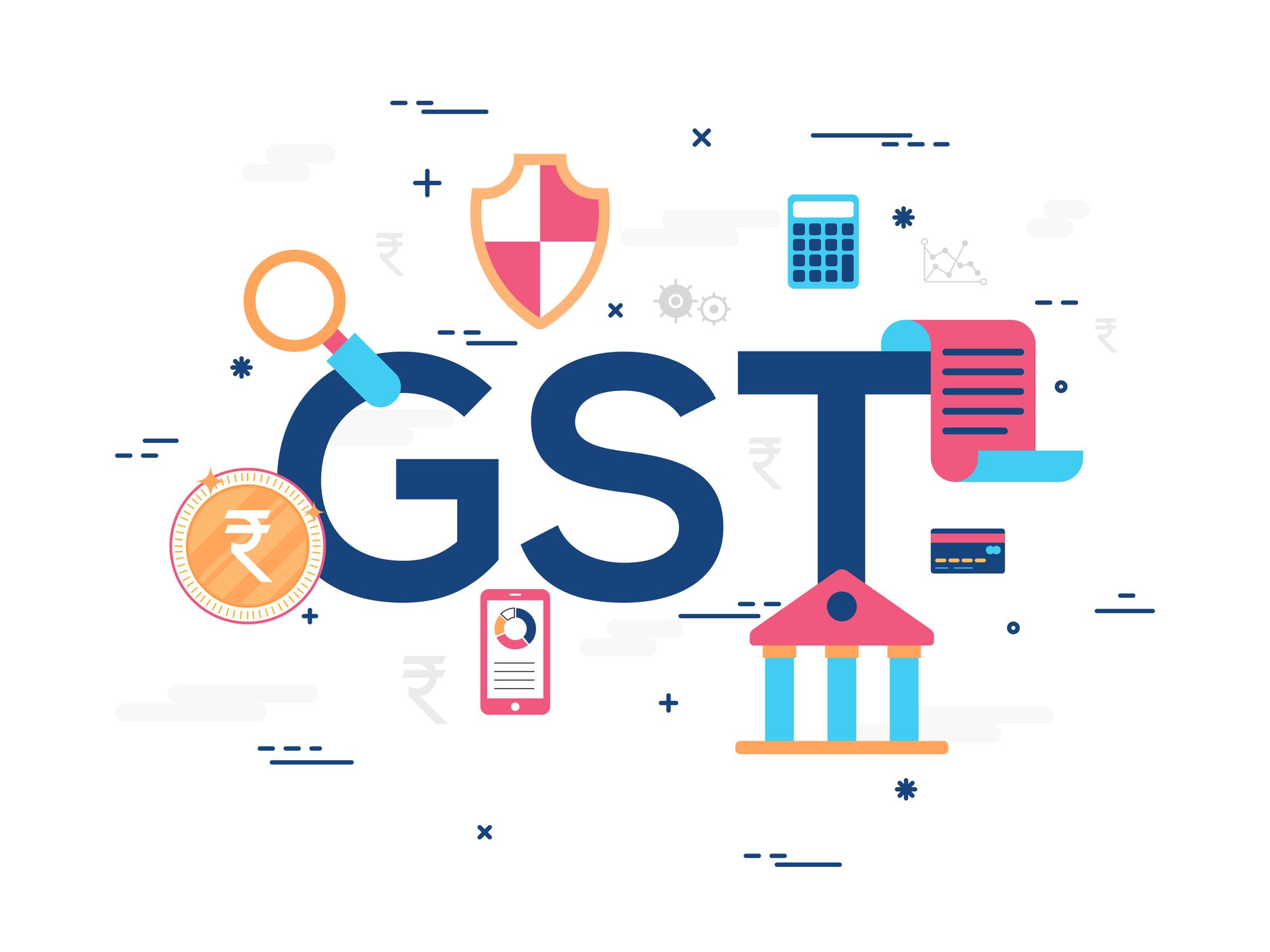Stay Clear Of Usual Blunders in Singapore GST Registration for Your Organization
Navigating the Complexities of GST Enrollment: Specialist Tips and Best Practices for Easier Conformity
From deciphering registration requirements to utilizing technical tools for streamlined processes, the trip towards smoother GST compliance is diverse and nuanced. Stay tuned to reveal essential techniques and insights that can assist services guide with the complexities of GST registration with finesse and confidence.
Comprehending GST Registration Needs

Along with turn over thresholds, organizations involving in interstate sales or giving taxed services might additionally be needed to register for GST, also if their turnover is listed below the suggested limitation (Singapore GST Registration). Comprehending these needs and thresholds is necessary to avoid fines and ensure smooth procedures within the legal structure
Moreover, companies need to gather and prepare the essential documentation, such as evidence of identity, address, service unification, and savings account information, before launching the GST registration process. Failing to give accurate details or meet the enrollment deadlines can lead to fines or various other legal effects. For that reason, businesses ought to remain notified concerning the specific GST registration needs appropriate to their procedures to keep compliance and avoid possible issues.
Organizing Crucial Paperwork
Organizations starting the GST registration process need to diligently assemble and organize the important documents needed for entry. The key files commonly required for GST enrollment include proof of company registration or consolidation, identification and address proofs of the company owners or partners, financial institution account information, evidence of major area of service, and authorization forms. Guaranteeing that these files are conveniently available and arranged can streamline the enrollment procedure and prevent delays or rejections.
To successfully organize vital paperwork, businesses should develop a central system for saving and categorizing the required paperwork (Singapore GST Registration). Using digital storage remedies can assist preserve easy access and make certain that papers are securely stored. Additionally, developing a checklist of all essential papers can offer as a practical tool to track what has actually been gathered and what is still needed for entry

Leveraging Modern Technology for Efficiency
Enhancing operational performance with technical integration is paramount for modern services browsing the intricacies of GST enrollment. Leveraging innovation can streamline procedures, reduce mistakes, and guarantee timely conformity with GST policies. Among the crucial means innovation can aid in GST enrollment is via making use of automated software application solutions. These devices can help services track sales, create invoices, calculate tax obligations, and send returns precisely. By automating these tasks, businesses can conserve and minimize hands-on mistakes time that would otherwise be invested in recurring administrative job.
In addition, technology can help with smooth communication with tax obligation authorities. On-line portals and communication tools allow organizations to submit files, deal with queries, and receive updates in a much more reliable way. This not only accelerates the enrollment procedure but likewise aids in preserving dependable and transparent interaction with the relevant authorities.
Additionally, cloud-based storage space options offer a safe system for organizations to shop and gain access to their economic information, ensuring compliance with GST record-keeping demands. By systematizing data storage and automating processes, businesses can enhance their total effectiveness and precision in GST enrollment treatments.
Proactive Compliance Surveillance

To make certain efficient positive conformity monitoring, companies should develop robust internal controls, conduct periodic audits, and leverage automation devices for real-time monitoring of GST purchases. Routine training sessions for staff members on GST compliance needs can likewise assist in why not try this out developing a culture of conformity within the organization. In addition, involving with tax obligation experts or professionals can supply important insights and support on navigating complex GST regulations.
Engaging With Expert Experts
Involving seasoned tax obligation experts can dramatically boost a company's understanding and conformity with elaborate GST guidelines. Specialist professionals bring a wide range of knowledge and experience to the table, aiding businesses navigate the intricacies of GST registration easily. By leveraging their experience, business can ensure exact filings, minimize the threat of mistakes, and stay current with the most recent governing changes.
When involving with expert professionals, it is necessary to select specialists with a strong track record in GST conformity (Singapore GST Registration). Seek professionals that have a deep understanding of the pertinent laws and policies, in addition to experience dealing with organizations in your industry. Effective interaction is type in this partnership, so ensure to clearly specify your assumptions and develop regular touchpoints to go over progression and deal with any kind of problems
In addition, professional specialists can supply important understandings and advice on optimizing your tax approach, recognizing prospective cost-saving chances, and improving your conformity procedures. Overall, buying specialist working as a consultant services can go a long means in guaranteeing smoother GST compliance and preventing costly blunders.
Verdict
To conclude, navigating the intricacies of GST enrollment calls for a complete understanding of the demands, organization of important documents, leveraging modern technology for effectiveness, proactive conformity tracking, and interaction with expert consultants. By adhering to these ideal techniques, services can guarantee smoother conformity with GST laws and stay clear of possible charges or penalties. It is crucial to stay notified, positive, and attentive in handling GST enrollment to preserve compliance and support economic integrity.
To make sure compliance with tax obligation regulations, organizations have to completely understand the complex requirements for GST registration. Item and Services Tax (GST) is a value-added tax obligation imposed on most products and solutions in a country, making it vital for services to register for GST to prevent lawful repercussions.Moreover, organizations have to collect and prepare the needed documents, such as proof of identity, address, service unification, and financial institution account details, prior to launching the GST registration procedure. Organizations should stay notified concerning the specific GST registration demands suitable to their procedures to preserve compliance and prevent possible concerns.
The vital papers normally required for GST enrollment consist of you can try this out evidence of organization registration or identity, consolidation and address evidence of the organization proprietors or companions, bank account Website details, evidence of primary location of company, and authorization forms.